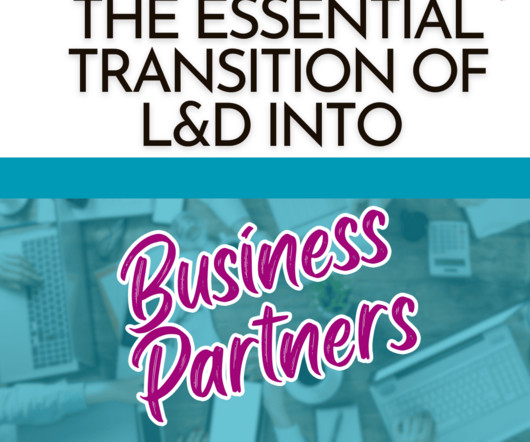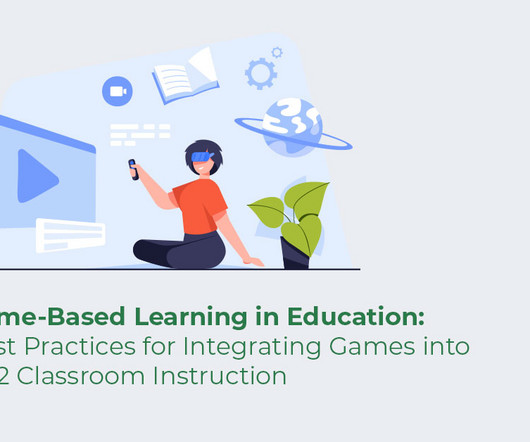Why we hate to lose: using emotion to drive learning objectives
CLO Magazine
OCTOBER 18, 2019
While this might sound a tad rough, using loss aversion doesn’t have to be negative. Some companies gamify learning by awarding points at the start of an assessment or test. According to loss aversion theory, most people don’t want to lose their big bank of points.

















































Let's personalize your content